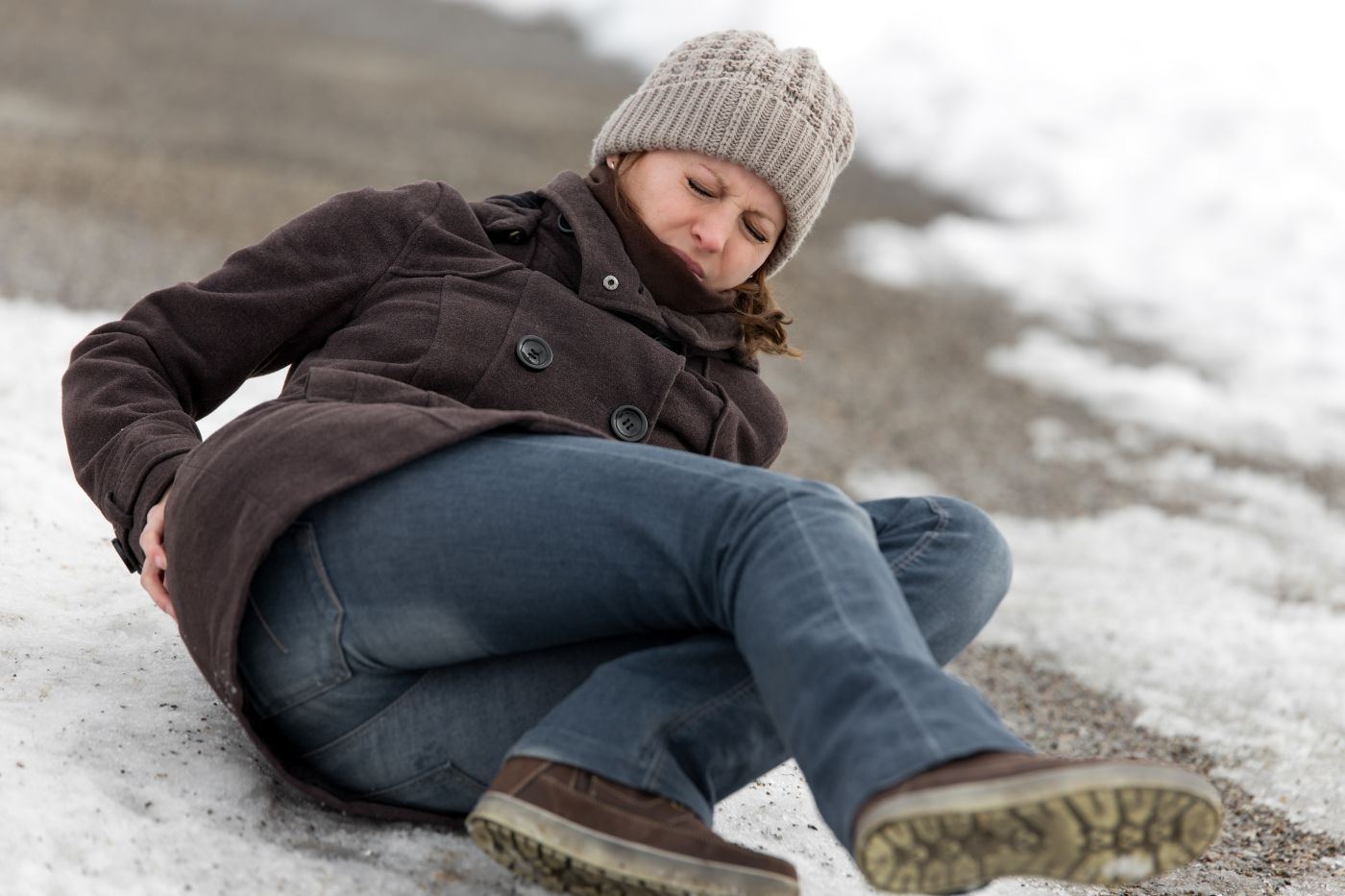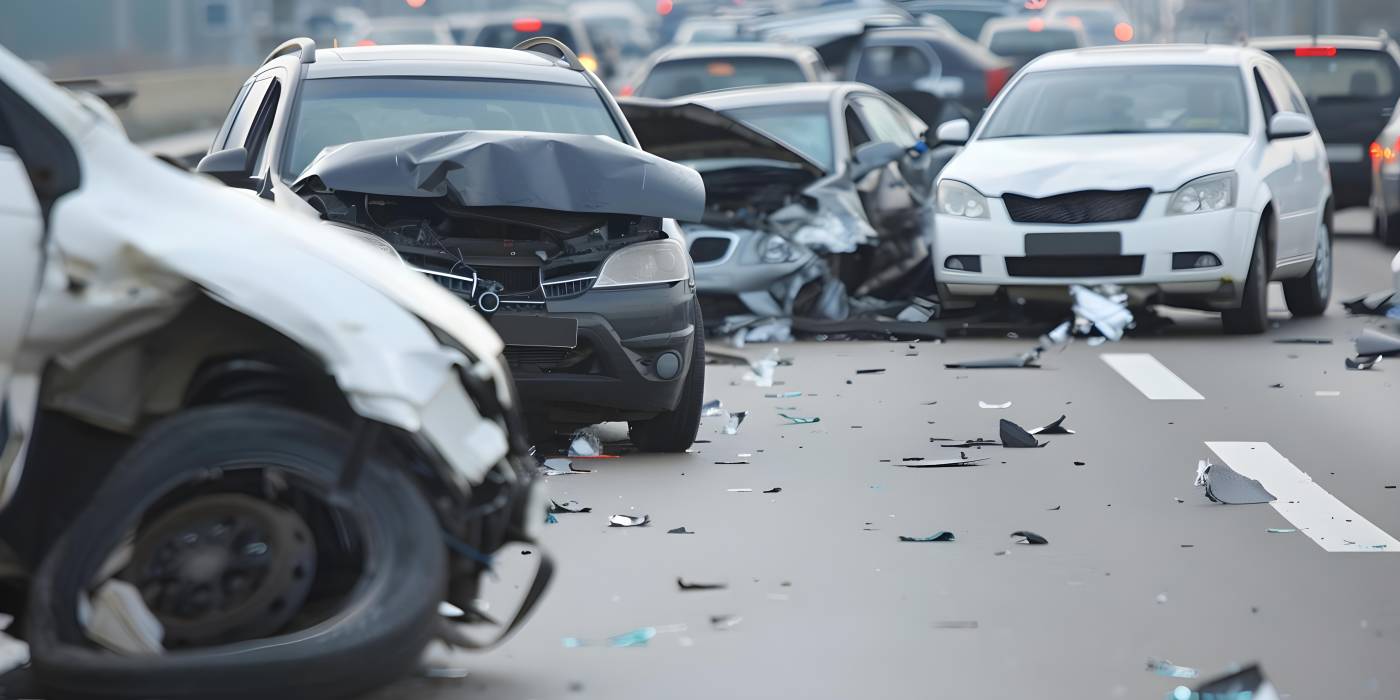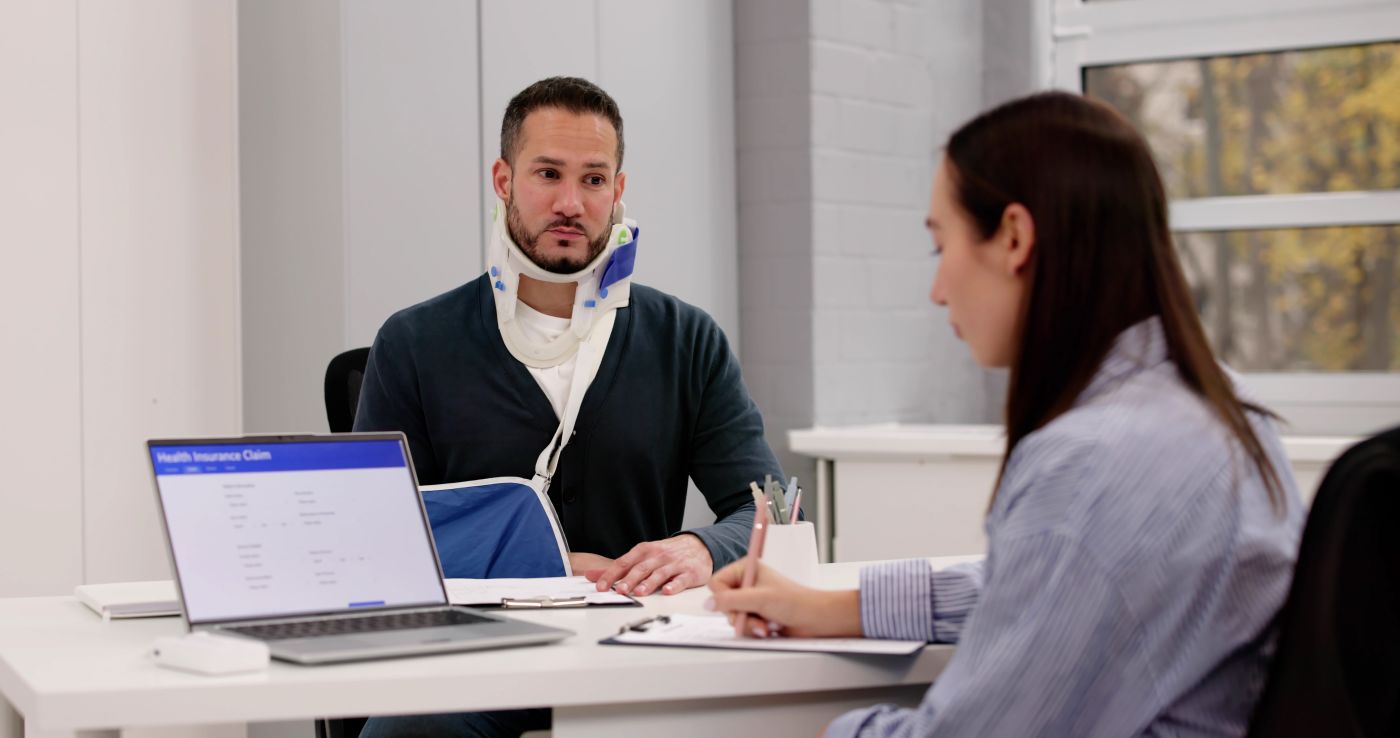
Injuries from slip and fall accidents can range from minor bruises to severe injuries, and the aftermath may leave you wondering how to proceed. Our attorney, Preston Day, is here to help.
Taking the right steps after a slip and fall can play a crucial role in your personal injury case and make sure that you’re properly compensated for your injuries.
Whether you’re dealing with injuries from a fall on a wet floor, an uneven surface, or another hazard, it’s important to act quickly and responsibly. In this article, we’ll outline the essential steps to take after a slip and fall accident to help you protect your health and your rights. Read on for more information on how to manage this challenging situation.
Seek Immediate Medical Attention
The first and most important step after a slip and fall accident is to seek medical attention. Even if your injuries seem minor at first, it’s crucial to have a healthcare professional evaluate your condition. Injuries from slip and fall accidents can worsen over time, and some symptoms may not appear immediately.
Getting checked by a doctor helps make sure that any hidden injuries, such as concussions or internal damage, are diagnosed early. After receiving medical care, you’ll have a record of your injuries, which will be important when pursuing a personal injury claim. This is an essential first step to take in protecting your health and rights moving forward.
Report the Incident
After making sure that your health is prioritized, the next step is to report the slip and fall accident. If the accident occurred on someone else's property, notify the property owner, manager, or relevant personnel immediately. Document the details of the incident, including the time, location, and any contributing factors that caused the fall.
By reporting the accident right away, you establish an official record of the event. This can be crucial when pursuing a personal injury case, as it provides evidence that the accident occurred and that the property owner was made aware of the incident.
Document the Scene and Your Injuries
Once you’ve received medical attention and reported the accident, it’s important to document the scene and your injuries. Take photos of the area where the slip and fall occurred, especially if there were hazards like wet floors, poor lighting, or obstacles that contributed to your fall.
Also, document your injuries, both immediately after the fall and as they progress over time. Some key factors to keep in mind include:
Photographs: Take pictures of the accident site, the surrounding area, and any visible injuries.
Witnesses: If there were any witnesses, get their contact information and ask them to provide statements about what they saw.
Medical Records: Keep track of any medical treatments, prescriptions, and doctor visits related to your injuries.
Proper documentation creates a strong foundation for your personal injury claim and can help prove liability in your case.
Gather Information About the Property Owner
In slip and fall cases, it’s crucial to gather information about the property owner or entity responsible for maintaining the area where the accident occurred. This could include details such as the name of the business or individual, their contact information, and the name of the insurance company that covers the property.
If the property is a business, ask for the manager’s contact information. This helps you identify the correct party to hold accountable for your injuries. Having this information also aids in determining whether the property owner or manager was negligent in maintaining safe conditions.
Keep Track of Expenses and Lost Wages
The financial impact of a slip and fall accident can be significant. Medical bills, therapy costs, and time off work due to your injuries can quickly add up. It’s important to keep track of all expenses related to your injury, including medical costs and lost wages from missed work.
Be sure to save receipts for medical treatments, prescriptions, and transportation to doctor’s appointments. Additionally, document how your injuries have affected your ability to work and any income lost as a result. Some key expenses to track include:
Medical expenses: Bills for doctor visits, surgeries, physical therapy, medications, and diagnostic tests.
Lost wages: Calculate the wages you’ve missed from work due to your injuries.
Transportation costs: If you need to travel to medical appointments, track these expenses.
Tracking these expenses is vital for your personal injury case as it will help you understand the full financial impact of the accident. With these records, you can pursue compensation for the damages you’ve suffered.
Assess Your Situation
After experiencing a slip and fall accident, it’s crucial to carefully evaluate your situation to determine the best course of action. Assessing the circumstances surrounding the fall can help you understand whether you might be entitled to compensation.
Factors to consider include whether the property owner was aware of the hazard, how long the dangerous condition existed, and whether the property was properly maintained.
You should also think about how the accident has impacted your life, including any medical treatment or time off work. Understanding the potential consequences of your injuries and how they may affect your day-to-day activities will help you make more informed decisions moving forward.
Evaluating your options and gathering information about the incident is key to making the right choices as you manage your recovery.
Protect Your Statements and Avoid Pitfalls
When dealing with a slip and fall case, it's essential to be cautious with the statements you make. Avoid admitting fault at the scene or to insurance representatives, as this can harm your case. Insurance companies may try to use your statements against you, so it’s important to keep your communication to a minimum.
Additionally, avoid signing any documents without fully understanding the terms. A personal injury attorney can help you understand any legal language and make sure that you’re not giving up important rights. Protecting your statements and avoiding these pitfalls is crucial for safeguarding your case as it moves forward.
Keep Detailed Records of Medical Treatments
As you continue to seek medical care, keeping detailed records of all your treatments and visits is essential. Your medical records provide a clear picture of the extent of your injuries and the treatments you’ve received. These records will be instrumental in supporting your personal injury claim.
It’s important to follow your doctor’s instructions and attend follow-up appointments. Any deviation from the prescribed treatment plan could be used against you in your case. Keep a file of all medical records, including doctor notes, prescriptions, bills, and test results.
Contact Us Today
If you’ve experienced a slip and fall accident, it’s important to take the necessary steps to protect your health and legal rights. At Preston Day Law, PLLC, we serve clients throughout Salt Lake County and Utah County. Contact our experienced personal injury attorney today to schedule a consultation and learn how we can assist you in pursuing the justice you deserve.


